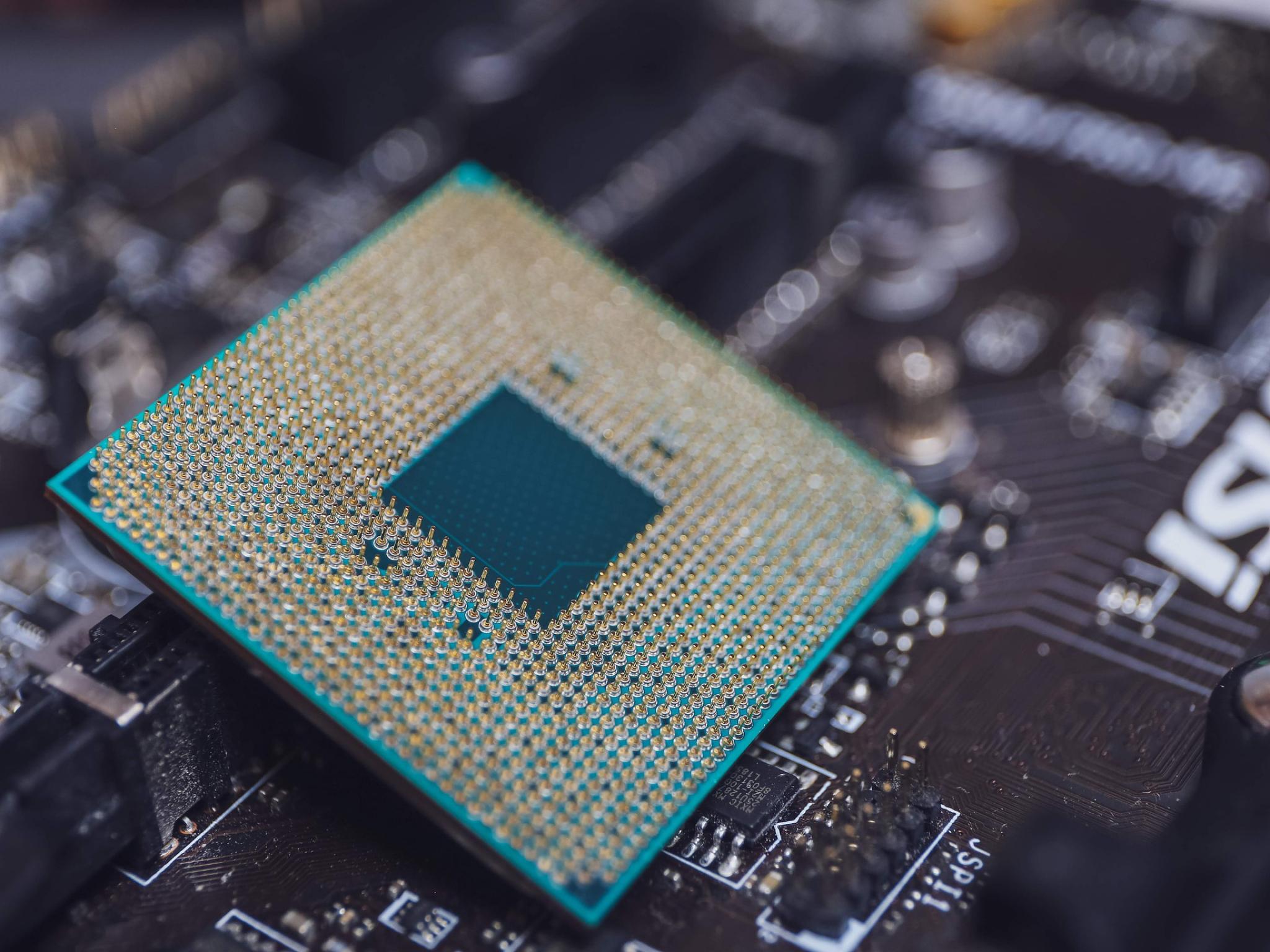
Advanced Micro Devices, Inc. (NASDAQ:AMD) shares were falling after-hours Tuesday in the wake of a second-quarter report that exceeded estimates — and a below-consensus third-quarter revenue forecast.
AMD said it saw strength in the data center and embedded segments, with growth slowing elsewhere. The company maintained its full-year guidance.
AMD’s Key Q2 Metrics: AMD’s second-quarter non-GAAP earnings per share came in at $1.05, higher than the consensus estimate of $1.03 and the year-ago EPS of 63 cents.
In the prior quarter, the bottom line was $1.13 per share.
Revenue rose 70% year-over-year to $6.55 billion and slightly exceeded the consensus estimate of $6.53 billion. In April, AMD guided to revenue of $6.5 billion plus or minus $200 million.
The second quarter marked the first full quarter that incorporated the contribution from Xilinx, which was acquired in February.
AMD's gross margin contracted 140 basis points to 46%, primarily due to the amortization of intangible assets associated with the Xilinx acquisition. The non-GAAP margin improved 640 basis points year-over-year to 54%.
“We delivered our eighth straight quarter of record revenue based on our strong execution and expanded product portfolio,” said AMD CEO Lisa Su.
The company ended the quarter with cash, cash equivalents, and short-term investments of $6 billion.
Rival Intel Corporation (NASDAQ:INTC) reported last week with sub-par quarterly results, with Rosenblatt Securities analyst Hans Mosesmann blaming the shortfall on “the rapid decline in economic activity, OEM inventory adjustments, and an overall lack of execution in product design and DCAI.”
Related Link: AMD, Alibaba, Starbucks Earnings On Deck As Q2 Reporting Season Passes Half-Way Mark
AMD’s Performance By Segment: AMD’s Su said each of the company’s segments grew “significantly” from a year ago, with particular strength in the data center and embedded products categories.
Data center revenues jumped 83% year-over-year to $1.5 billion, thanks to strong EPYC processor sales. The Xilinx acquisition that was completed in February benefitted the embedded segment's revenue, which jumped 2,228% to $1.3 billion.
Client and gaming revenue growth slowed down to 25% and 32%, respectively.
AMD's Forward Outlook: AMD said it sees continued growth in the back half of the year, underpinned by its next-gen 5nm product shipments and supported by its diversified business model.
AMD expects third-quarter revenue of $6.7 billion, plus or minus $200 million, marking year-over-year growth of 55%. The consensus estimates call for non-GAAP EPS of $1.09 and revenue of $6.82 billion.
The company guided to a non-GAAP gross margin of 54%.
AMD maintained its full-year revenue guidance at $26.3 billion and non-GAAP gross margin guidance at 54%. Analysts, on average, model non-GAAP EPS and revenue of $4.38 and $26.18 billion, respectively, for the year.
Earnings Call Focal Points: Rosenblatt’s Mosesmann said he looks ahead to AMD’s commentary on:
- next-generation CPU - Zen 4-based Ryzen 7000 and EPYC 4
- next-generation RDNA/CDNA GPU roadmaps
- early synergies that Xilinx FPGAs bring to broader end markets such as communications, data center, automotive and industrial
- AMD’s supply situation
AMD Price Action: Reacting to the quarterly results, AMD shares were seen trading down 4.62% to $94.70 in after-hours trading, according to Benzinga Pro data.
AMD has pulled back along with the tech stocks and is down about 32.7% year-to-date. This compares to the 12.9% drop for the SPDR S&P 500 ETF Trust (NYSE:SPY) and a steeper 20.5% pullback by the Invesco QQQ Trust (NASDAQ:QQQ).
The average analyst price target for AMD stock is $127.13, according to data compiled by TipRanks. This would mean the stock has room to run up by about 31%.







